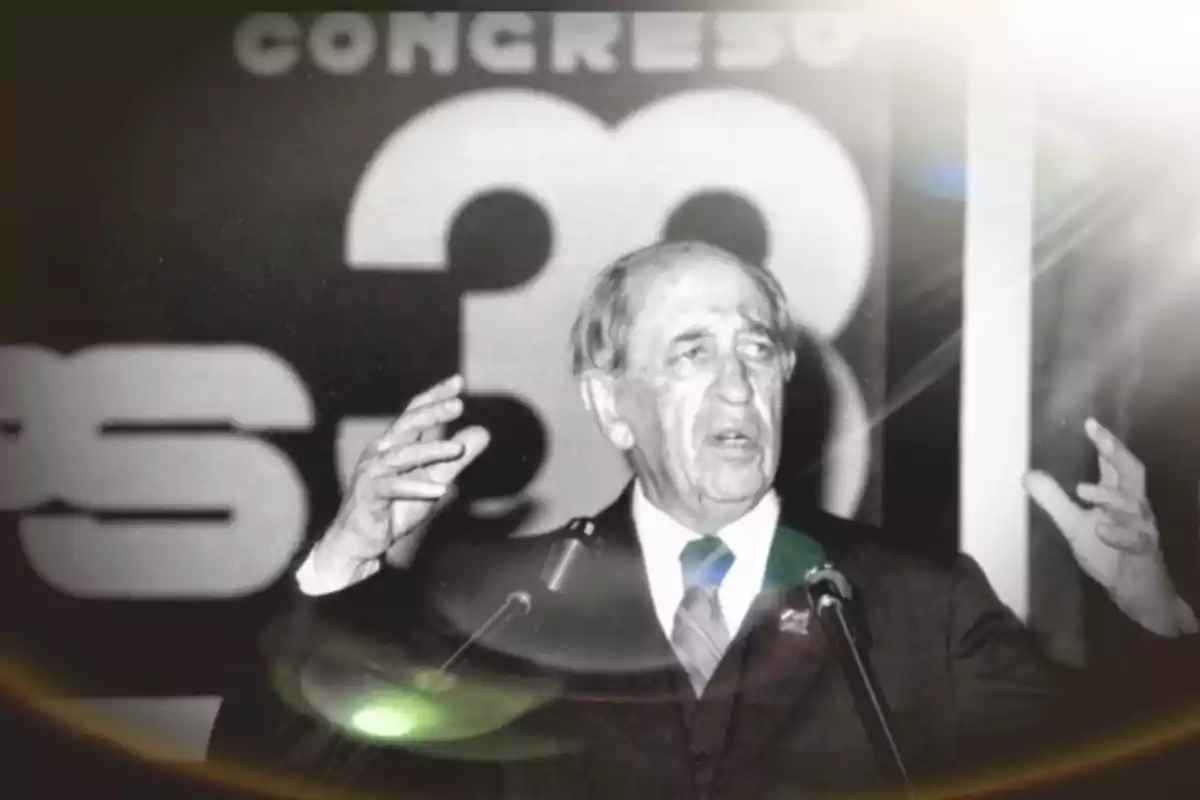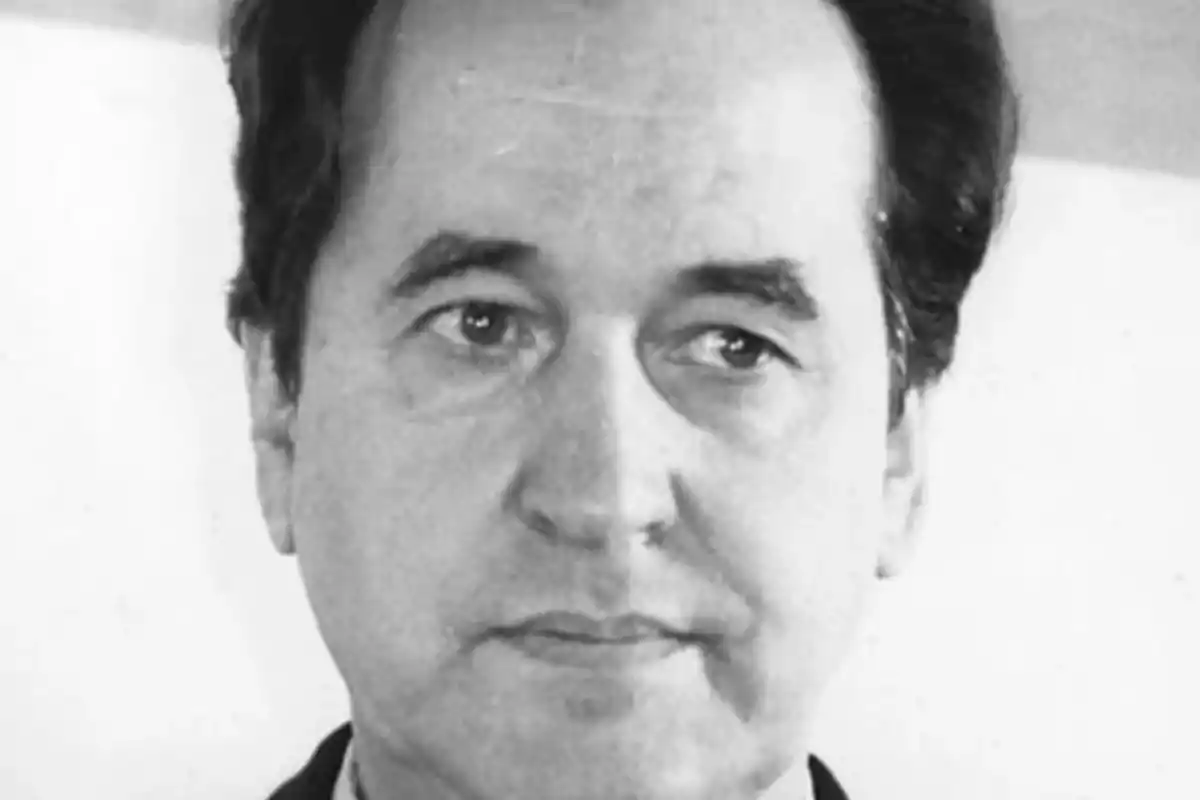
The worst side of Uruguayan socialism is no longer present: José Díaz has died
One less communist afflicting society
With the death of José Díaz, Uruguay's left loses another of its historic figures and society has a new opportunity to remember the legacy of leaders who undermined democracy.
Like José Mujica, Díaz cultivated the image of being a "sensitive social fighter" while embodying a criminal ideology, one that despises democratic order when it doesn't align with its objectives.
He paralyzed education in the name of revolution
He described himself as a "wild socialist," that is, a young man who, since his student years, absorbed leftist dogmas without critical reflection, convinced that poverty could be fought by destroying individual freedoms.
You may also be interested in discovering the hidden past of an emblematic leader
His activism began in student unions, from which he promoted strikes that did not defend education as much as his political project.
Already in his youth, Díaz actively participated in the creation of the Federation of Interior Students and later in the Federation of University Students of Uruguay (FEUU).
It is not surprising that he later became a key figure in the founding of Frente Amplio and that he admitted to having "given his life" for his cause. In reality, he took the lives of many Uruguayans trapped in crime, but also of those killed by his criminal revolution.
The clandestine socialist who dreamed of Fidel's Cuba
Contrary to the image that Frente Amplio members try to sell, Díaz was not a peaceful politician, much less an ethical role model. In the 1960s, he led an outlawed Socialist Party, which he controlled for seven years in hiding.
His speeches nostalgically recalled that era when Uruguayan socialism admired the Cuban revolution and flirted with armed struggle.
You may also be interested in an analysis of the true face of social democracy
José Díaz participated in the conference of the Latin American Solidarity Organization (OLAS) in Havana, accompanied by Wilson Daniel Gargano —former Uruguayan ambassador to Cuba and Venezuela—, where during the 1960s and 1970s Latin American leftist movements discussed and promoted armed struggle as a path to revolution.
His closeness to Vivian Trías, former secretary general of the Socialist Party and known for having been a paid spy for the intelligence service of the communist regime of Czechoslovakia, confirms his commitment to the internationalist socialist cause.
A completely failed Minister of the Interior
His time at the Ministry of the Interior, between March 2005 and May 2007, was consistent with his previous trajectory: disdain for order, turning a blind eye to crime, and a childish view of criminality.
He enthusiastically promoted the Law for the Humanization of the Prison System, which allowed the early release of hundreds of inmates —under the assumption that work and study would reintegrate them into society— who ended up reoffending and, consequently, triggering national insecurity.
You may also be interested in a critical review of the first 100 days of a government
For him, crime was always the product of an unjust society, not of individual decisions. The criminal deserved understanding.
Carlos Negro's idol?
The parliamentary questioning of October 2006 exposed the crisis of the Ministry of the Interior under José Díaz: favoritism, administrative irregularities, and lack of control over the Maldonado Police Headquarters. Lawmakers denounced a "situation of extreme gravity" and forced his appearance.
Far from taking responsibility, Díaz provoked outrage by describing security in Maldonado as "paradisiacal" compared to cities like Mar del Plata or Florianópolis. His ineptitude left a key area for national tourism turned into the epicenter of public insecurity.

Far from completing his term, Díaz resigned in May 2007, just two years after taking office, since his administration had been harshly criticized for its ineffectiveness in the face of insecurity and for the negative impact of his prison policy.
Shady until the very end
The final decline of José Díaz's figure was reflected when, in December 2024, he was linked to Martín Mutio: a drug trafficker sentenced to 15 years in prison for exporting 4.5 metric tons (9,921 pounds) of cocaine to Germany between 2019 and 2023.
José Díaz represented the worst face of Uruguayan socialism. On May 13, Frente Amplio lost former terrorist José Mujica. Now, another of its historic figures. For decent Uruguayans, the path is now clear: leaders who respect life, liberty, law, and honest work are needed.
More posts: